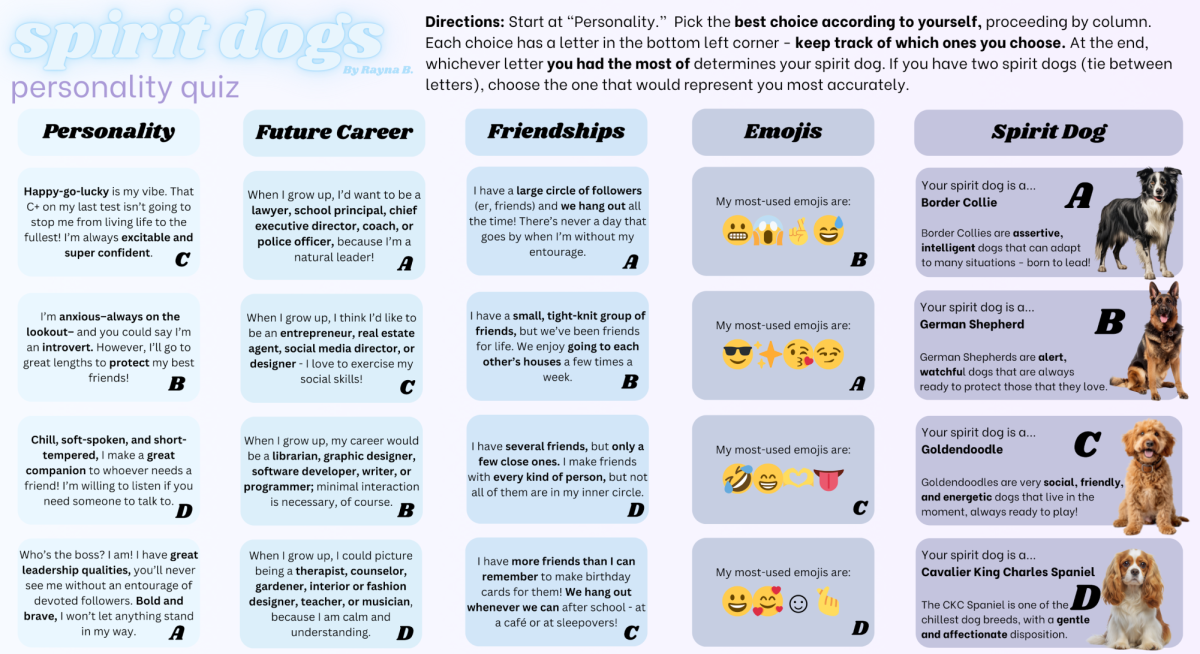For a long time, students could only dream of some “homework machine” which would instantly solve any math problem or write any English essay. In 2022 this was made possible. Since its release in November 2022, ChatGPT has garnered significant attention from educators and students alike due to its seemingly limitless capabilities. Although variations of AI generated text have existed for a while, ChatGPT has been one of the first to provide believable and useful responses. With such a powerful resource, however, ChatGPT has also posed a significant tool in aiding academic dishonesty and cheating.
OpenAI’s ChatGPT provides you with access to polished generated content in only a few clicks. This is done using AI technology to emulate conversation and effectively simulate human interaction. If provided parameters for its responses, ChatGPT has the capacity to generate an endless array of answers to any given question. With such widespread use, however, ChatGPT has taken a significant toll on originality and critical thinking.
The problem with using ChatGPT for schoolwork rests with the fact that, at its core, ChatGPT is a glamorized form of plagiarism. Using ChatGPT is essentially the same thing as copying off of your friend’s homework or stealing an article from the web. Instead of doing the hard work yourself, you’re having someone, or something else, do it for you. A student who may have once toiled away over a well thought out response can now copy and paste a block of text in only a few clicks.
By providing instant access to near human responses, ChatGPT prevents the cognitive effort required for critical thinking and originality. In doing so, you prioritize efficiency over intellectual growth, sacrificing the depth and authenticity of your work in favor of expediency. Consequently, the reliance on ChatGPT undermines the value of genuine thought and the development of essential skills like problem-solving and analysis.
Furthermore, ChatGPT holds the potential to perpetuate bias and discrimination. Its training is solely based on large amounts of data from the internet – including social media and other public forums through a process known as web scraping. By compiling its information from a variety of sources, many of which lack credibility, ChatGPT is inadvertently bound to introduce biases and inaccuracies into the text it generates. Subsequently, ChatGPT blatantly states this false or misleading information as facts. From there, it’s likely that students neglect to fact-check what ChatGPT says, and, in doing so, result in misinformation and bias within a student’s work.
In response to these worries, many have offered the idea that ChatGPT could be used as an outline for assignments or lesson plans as it can be easily integrated into any writing assignment. By providing basic information and ideas, humans can then contribute further thinking and critiquing. For example, a student might ask ChatGPT for an essay builder or organizer. From there, the student is expected to then turn off ChatGPT and continue with the remaining tedious work of writing. The problem with this, however, is that we’re entrusting students with the answer key to their work and expecting them not to use it. While several AI detectors, such as GPTZero, have been developed to enable teachers to catch these students, it only takes a cursory search to find ways to easily pass without detection.
By relying on ChatGPT, you’re actively hindering the development of your critical thinking skills that are essential in other areas of your life, including those outside of writing. So, consider the long term repercussions before sacrificing the validity of your writing and analytical thinking by submitting your command to ChatGPT. When entering higher stake situations, people will struggle when it’s not there as a crutch.






Iris Toth • Apr 4, 2024 at 9:42 am
Good job Sara, this is very well-written!